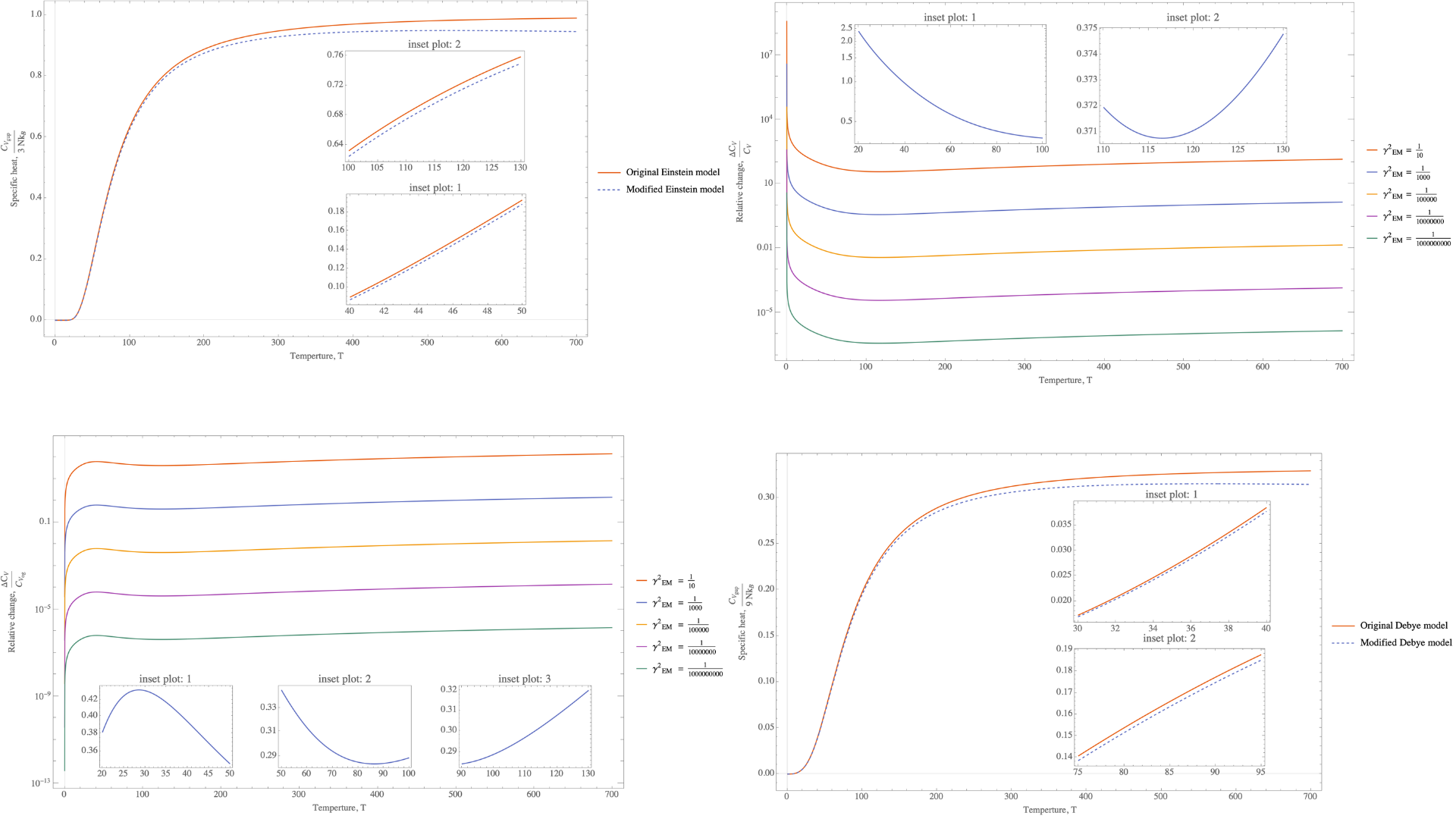Riasat Sheikh

Department of Physics,
Kyushu University (Ito Campus),
W-1-B724, 744 Motooka, Nishi-ku,
Fukuoka, 819-0395, Japan
I’m a PhD researcher in elementary particle theory, working on dark matter models, particle phenomenology, and exploring new ideas beyond the Standard Model. My work is driven by a curiosity to understand the universe at its most fundamental level.
Any inquiries, collaboration opportunities, or discussions related to my research are welcome. Feel free to connect—let’s explore the infinite wonders of theoretical physics together.
Research
Astrophysical and cosmological observations, such as those from the cosmic microwave background (CMB) and galaxy rotation curves, indicate that approximately 23% of the universe’s total energy density is constituted by dark matter (DM). Despite its significant role in shaping the large-scale structure of the universe, the precise nature of dark matter remains one of the most compelling mysteries in modern physics. The inability of the Standard Model (SM) of particle physics to account for DM has driven extensive exploration of physics beyond the SM (BSM). Among the many proposed DM models, one of the most promising is the weakly interacting massive particle (WIMP) framework. In this scenario, the DM particles interact weakly with SM particles and were in a thermal bath in the early universe. However, persistent null results from direct detection experiments have increasingly constrained traditional WIMP models, a requirement for DM particles as thermal relic, necessitating the development of innovative theoretical frameworks.
One of such promising candidates is the pseudo-Nambu-Goldstone boson (pNGB) dark matter [1] [2], which emerges from the spontaneous breaking of global symmetries. pNGB models offer a compelling mechanism to suppress DM-nucleon interactions [1] [3] while retaining efficient annihilation channels into SM particles, making them consistent with stringent constraints [4] [5] [6] from direct detection experiments. Additionally, their derivative-dominated interactions of pNGBs significantly reduce scattering amplitudes in low-momentum transfer regimes, further supporting experimental consistency.

